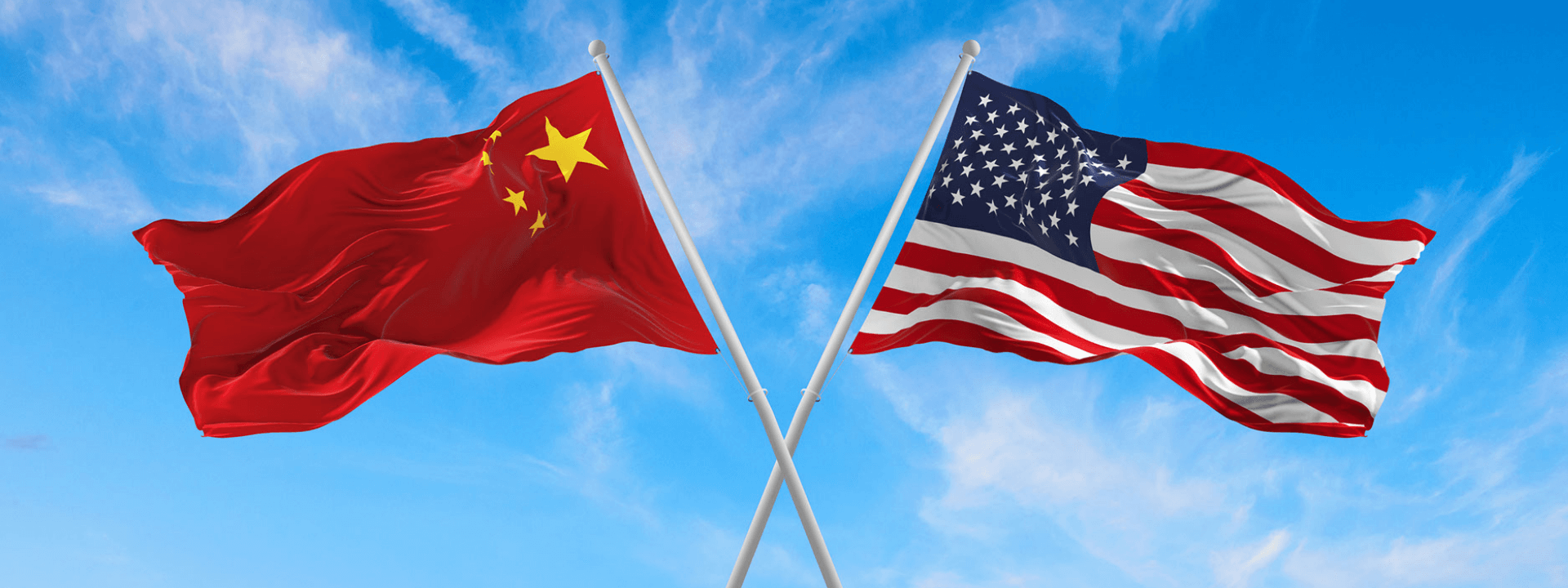Promoting More China-U.S. Interdependence Is the Best Way to Guarantee Peace, Summers Says
By Kelsey Cheng


(Singapore) — The U.S. and China can build a stronger relationship through collaborating on areas such as the climate, structuring of multilateral development banks, and the strengthening of global capital markets, said former U.S. Treasury Secretary Lawrence Summers at a Caixin-hosted business forum on Monday.
“I think that the United States needs to reassure China that it is not our objective to hold China down economically, or to make it impossible for China to achieve economic power, strength, and global influence,” Summers said, emphasizing a need for “strategic reassurance” on both sides.
It is equally incumbent on China to recognize how its scale impinges on the economy of others and to adjust its strategies accordingly, the American economist said during a virtual dialogue at the inaugural Asia New Vision Forum in Singapore.
“I think we both will do better if we promote more interdependence and the intertwining between our two countries, rather than less,” Summers said. “Ultimately, the best guarantor of peace is for each of our societies to have a broad stake in the success of the other.”
The rest of Asia would stand to benefit substantially from better commercial relations and stronger collaboration between the U.S. and China, as they become bridges between the world’s two largest economies, Summers added.
“I think the prospects for a stable Asia that will permit China to continue to prosper are much greater with a strong American presence in Asia,” he said.
Summers’ comments come as relations between the world’s two largest economies remain strained over concerns including Taiwan and U.S. export curbs on advanced chips, and following an incident over an alleged Chinese spy balloon in early February, which led to the postponement of U.S. Secretary of State Antony Blinken’s scheduled visit to China.
Summers, who is now President Emeritus and Charles W. Eliot University Professor at Harvard University, has been focusing on the reform and strengthening of global multilateral development banks, such as the World Bank, and he hopes to see more U.S. cooperation with Chinese-led institutions including the Asian Infrastructure Investment Bank.
In facing the increasing trend of fragmentation of the world economy, Summers recommended countries and companies to build resilience through diversification, instead of moving towards economic nationalism or deglobalization.
“I would advise companies respond to their concerns about resilience … not by establishing a sole supplier, or even not by relying solely on producers in their own country, but rather by achieving a diverse network of suppliers and also holding inventories in substantially greater magnitude,” he said.
“If we can recognize a common desire for resilience, but seek to achieve it through diversification and stockpiling on inventories, I think that will afford us all the best prospects going forward,” said Summers, who was also the director of the National Economic Council for the Obama Administration from 2009 to 2011.
Summers was among the more than 300 business leaders, policymakers, industry practitioners and opinion leaders joining the two-day conference, the first major international business forum with a spotlight on Asia in the post-Covid era.
Read also the original post.
caixinglobal.com is the English-language online news portal of Chinese financial and business news media group Caixin. Global Neighbours is authorized to reprint this article.
Image: Maxim- stock.adobe.com
